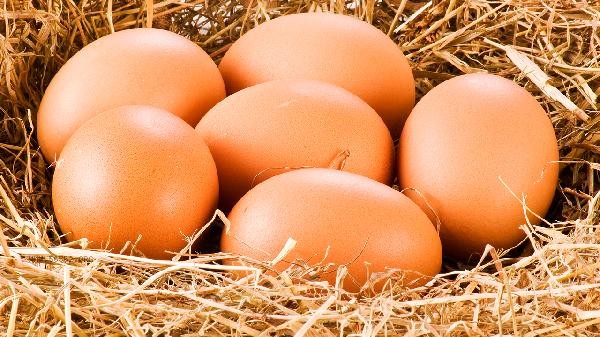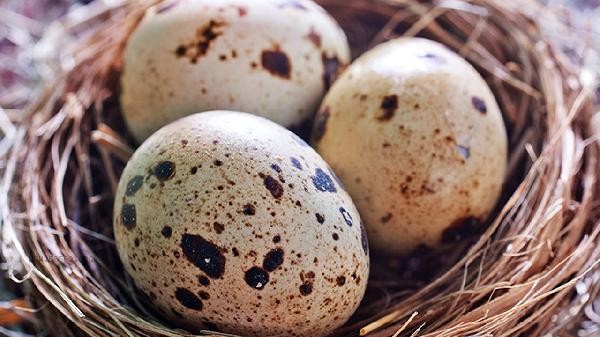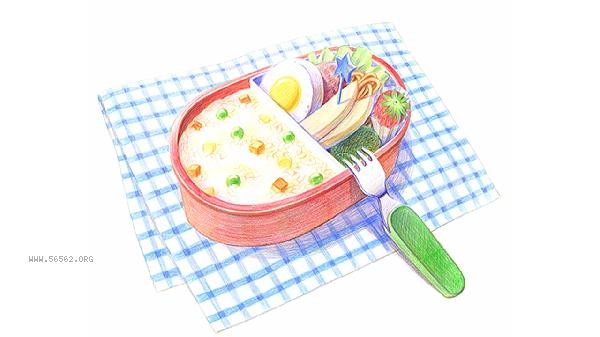The sticking of boiled eggs is usually caused by insufficient freshness of the eggs or improper cooking methods. It can be improved by adjusting the cooking time, cooling method, peeling techniques, and other methods.

1. Control the cooking time
Boiling eggs for too long can cause protein to adhere to the eggshell membrane. Boil the water over medium heat for 8-10 minutes, and use a timer to control it accurately. Soft boiled eggs can be shortened to 6 minutes, while fully cooked eggs should not exceed 12 minutes. Immediately transfer the eggs to cold water to cool down after turning off the heat. The principle of thermal expansion and contraction helps to separate the eggshells.
2. Rapid cooling treatment
Boiled eggs need to be rinsed with running cold water or soaked in ice water for 5 minutes. Low temperature will cause protein to contract and form an air chamber, creating gaps between the eggshell and the protein. Gently tapping the eggshell during cooling can cause cracks, allowing moisture to seep into the gaps between the shell membranes. Insufficient cooling time may cause the residual temperature to continue heating the protein.
3. Choose fresh eggs.
Eggs stored for more than 7 days will have an expanded air chamber and enhanced adhesion to the inner layer of the eggshell. The inner membrane of fresh eggs is tightly attached to the shell, making it easier to peel off after cooking. Choose eggs with a production date within two weeks when purchasing, and store them with the blunt end facing upwards to slow down the expansion of the air chamber. Old eggs are suitable for making fried eggs or baking.

4. Optimization of Shell Peeling Techniques
Gently roll the egg on a flat surface to evenly break the shell, starting from the air chamber end to peel off large pieces of the eggshell. When peeling, rinse with cold water. The water flow can wash away the broken shell and lubricate the peeling surface. Preserving the integrity of the endometrium can reduce protein residue, and if there is local adhesion, it can be separated by gently scraping with a spoon back. The peeling action should be gentle to avoid protein damage.
5. Adjust cooking method
Steaming eggs is less likely to stick to the shell than boiling them in water. Steam heating is uniform and the humidity is stable. Use an electric rice cooker steamer or a specialized egg boiler, with the water level not exceeding half the height of the egg. Adding a small amount of white vinegar or salt to water can change the rate of protein coagulation, but may affect the taste. When cooking eggs in a pressure cooker, it is necessary to strictly control the holding time for 3-5 minutes.

For daily cooking, fresh eggs labeled with raw food standards can be used, which have a more complete shell and membrane structure. Before cooking eggs, use a needle to puncture a small hole at the blunt end to release internal air pressure. When cooking, gently stir with a strainer to center the egg yolk. When storing eggs, keep them dry and avoid condensation during refrigeration. Temperature fluctuations can accelerate the aging of the eggshell lining. If the phenomenon of sticking to the shell frequently occurs, it is recommended to check the refrigerator's preservation function or change the purchasing channel.









Comments (0)
Leave a Comment
No comments yet
Be the first to share your thoughts!